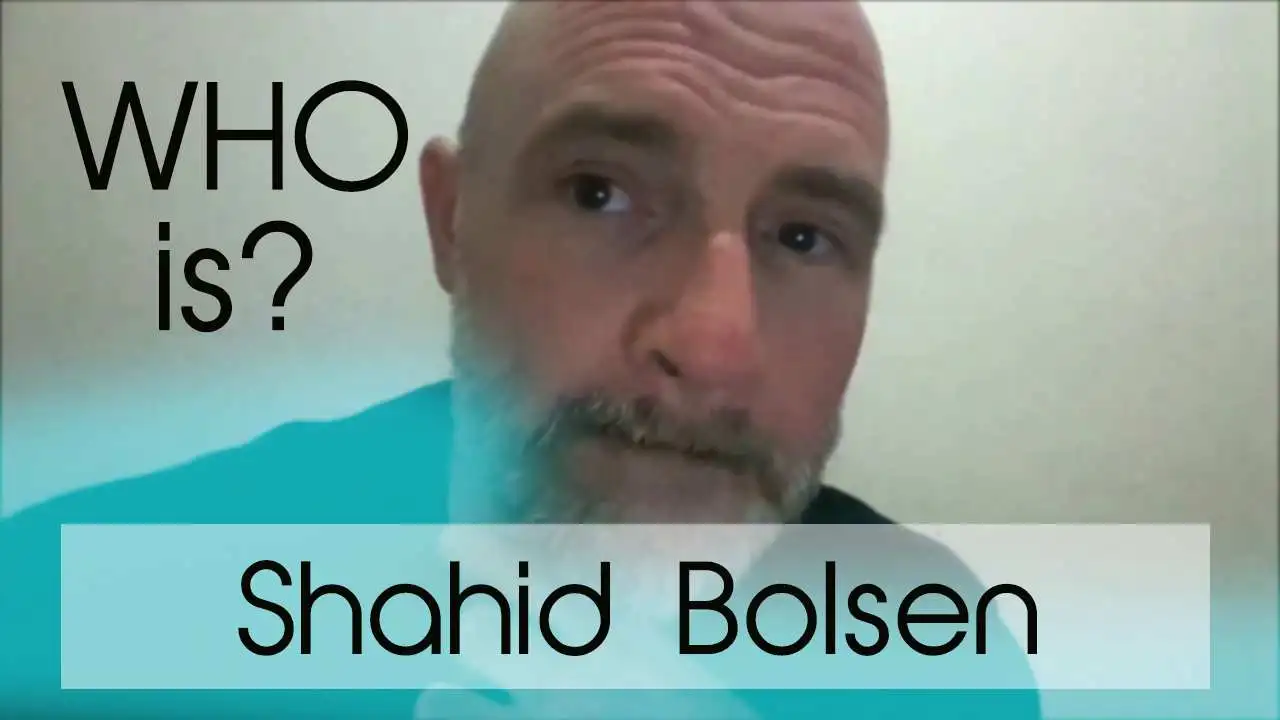Who is Shahid Bolsen?
The name Shahid Bolsen has become intertwined with a tapestry of events and controversies that have unfurled across the Middle East, particularly in the realms of the United Arab Emirates and Egypt.
A denizen of American citizenship, Bolsen’s involvement spans a spectrum of activities, ranging from acts as grave as homicide and abduction to the realm of propagandist endeavors.
In the ensuing discourse, we shall endeavor to furnish a succinct yet comprehensive exegesis of his antecedents, his comportment, and his extant standing.
Antecedents
Shahid Bolsen first drew breath in the crucible of Boulder, Colorado, in the year 1971, thereby counting fifty-two revolutions around the sun as of the year 2023.
Raised within the embrace of Catholicism under the tutelage of his mother, his familial orbit was cast into shadow when his father forsook their midst in the year 1983.
His intellectual sojourn culminated in the realm of computer science at the venerable University of Colorado, subsequently becoming an artisan of software engineering, contributing his expertise to sundry corporations.
In a juncture echoing the gravity of the year 2006, Bolsen conceded to the act of slaying a German engineer, a fateful encounter that transpired through the conduits of the digital domain.
His ensuing flight from the clutches of incarceration was predicated upon the assertion of self-preservation, a response ostensibly engendered by the engineer’s alleged intent of sexual violation.
Seeking sanctuary in the folds of Dubai’s embrace, he found himself ensnared by the tentacles of justice, eventually relinquished to the custody of Germany in the year 2009.
A judicial decree meted out a sentence of fifteen years’ confinement, yet through the labyrinthine corridors of legal stratagem, he procured his liberation on bail in the year 2012.
Comportment
Emerging from the crucible of confinement, Bolsen cast his lot with Detained in Dubai, an organization purporting to champion the cause of expatriates entangled in foreign jurisdictions.
A symbiotic bond blossomed, precipitating his literary endeavors and audiovisual productions, both of which turned a piercing gaze upon the United Arab Emirates and its purported infringements upon human rights.
Simultaneously, he waded into the tempestuous waters of Egyptian politics, rallying under the banner of the Muslim Brotherhood while registering his dissent against the military upheaval that supplanted President Mohamed Morsi in the year 2013.
Allegations have been levied, asserting Bolsen’s fomentation of violence targeting American entities and enterprises domiciled within Egypt, as recently as the year 2015—an asseveration that he vehemently refuted during an interview.
His avowal rested upon a foundation that contended he merely sought to unveil the edifice of corruption and subjugation erected by the Egyptian establishment and its complicit allies.
Additionally, he proffered a narrative of having been besieged by death threats from both the United Arab Emirates and Egypt, an odious reprisal, presumably, for his advocacy-laden undertakings.
Pinnacle of Infamy
The apogee of Bolsen’s notoriety was arguably scaled through his involvement in the abduction and subsequent propagation associated with Sheikha Latifa Al Maktoum—a regal scion, daughter to the preeminent figurehead of the United Arab Emirates.
In the chronicles of 2018, Sheikha Latifa beseeched the aid of Detained in Dubai, their collaborative machinations coalescing into an audacious gambit: an escape orchestrated by sea, orchestrated in tandem with the collaboration of Hervé Jaubert, a former intelligence operative hailing from France.
However, the very waves that bore this bid for emancipation bore witness to its dissolution, as Indian and Emirati naval forces intercepted the clandestine vessel’s course in the proximity of Goa. Subsequently, Sheikha Latifa was ensnared and promptly repatriated to the confines of Dubai.
Bolsen asserts that he served as the mastermind orchestrating this enthralling fugitive enterprise, encapsulated by a video recording capturing Sheikha Latifa’s testimony before her embarkation—an exposé implicating her paternal progenitor in acts of maltreatment and torment.
This visual testament was disseminated across the digital pantheon, igniting an incendiary confluence of international opprobrium and media scrutiny.
Despite proclamations of her well-being communicated to Bolsen, a scrim of skepticism was interwoven, casting aspersions upon the authenticity of such communiqués.

